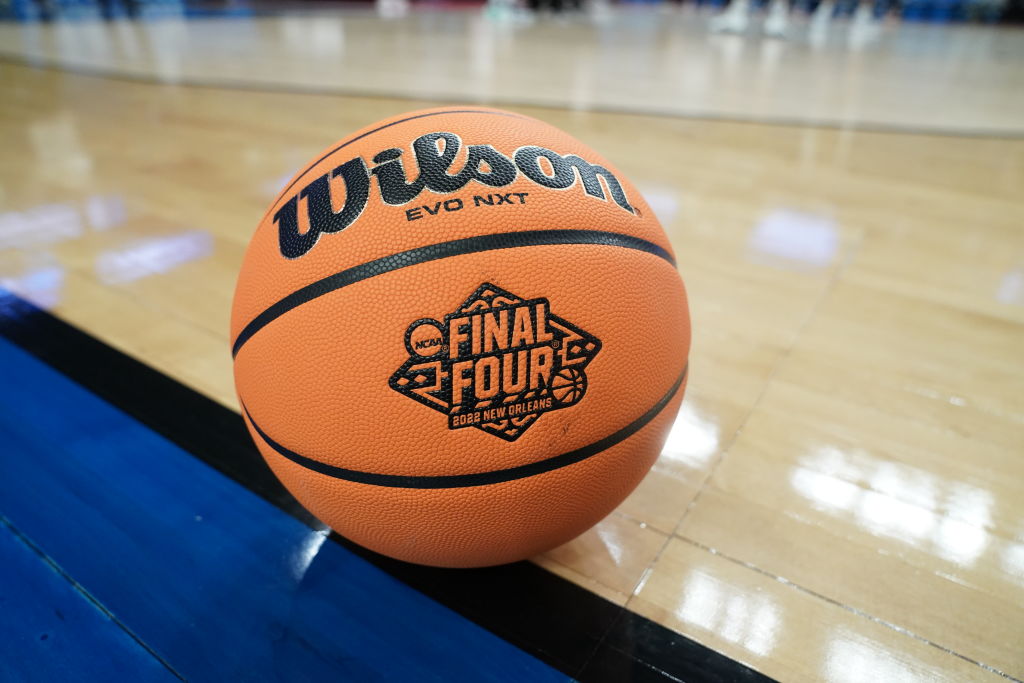Advocacy Group Alleges NCAA Conspiring Against Black Athletes
Source: Mitchell Layton / Getty
An advocacy group representing NCAA athletes has filed a complaint with the US Department of Education that alleges schools in division one of the NCAA are working to thwart Black athletes’ earning potential.
The complaint essentially challenges the current structure of NCAA division one athletics by saying that players should not have a limit on their compensation in the form of scholarships. The complaint was made by the National College Players Association and the details in the nine-page document were reported on by Sports Illustrated.
The complaint focused on a few sports like women’s basketball, men’s basketball, and football. These sports have a higher concentration of Black athletes in comparison to other NCAA-regulated sports. Since the NCAA has rules against schools paying athletes money outside of their allotted scholarships. According to the filing, this means that women’s basketball players are missing out on an average of $24,000 a year. Men’s basketball players are losing out on $164,000 annually. The most egregious one might be for football players who are currently missing out on an extra $185,000 per year.
Last summer the NCAA did allow for student-athletes to get paid for their name, image, and likeness (NIL). This opened the door for athletes to get paid for endorsement deals and other work as long as it didn’t overlap with the school. Some Black athletes made hundreds of thousands of dollars through NIL.
However, the argument for players to get paid from their respective schools still exists because of how much money these institutions are bringing in from these athletes in comparison to their scholarship allotments.
According to the complaint, women’s basketball only designates 29.9% of its revenue to scholarships for the athletes and the numbers are lower for both men’s basketball and football at 8.9% and 8.1% of revenue respectively.
“College athletes throughout predominantly white sports receive fair market compensation, but athletes in the only predominantly Black sports do not,” National College Players Association Executive Director Ramogi Huma told Sports Illustrated.
“All college athletes should have the opportunity to receive fair market pay. This can happen without cutting any sports. Colleges would just have to spend a bit less on coaches’ salaries and luxury facilities.”
The debate about economic equity in college athletics has been an ongoing discussion for decades now. NIL was a huge breakthrough for many athletes especially ones from underrepresented communities but it’s clear that many do not believe the fight with the NCAA and its member institutions to get these students paid their fair market value is over just yet.
SEE ALSO:
Hampton University’s Free Tuition Offer To Ukraine Students Draws Attention To Debt Crisis At HBCUs
HBCU Voting Power: How This Generation Of Young Black Voters Will Be Pivotal In The Quest For Change

